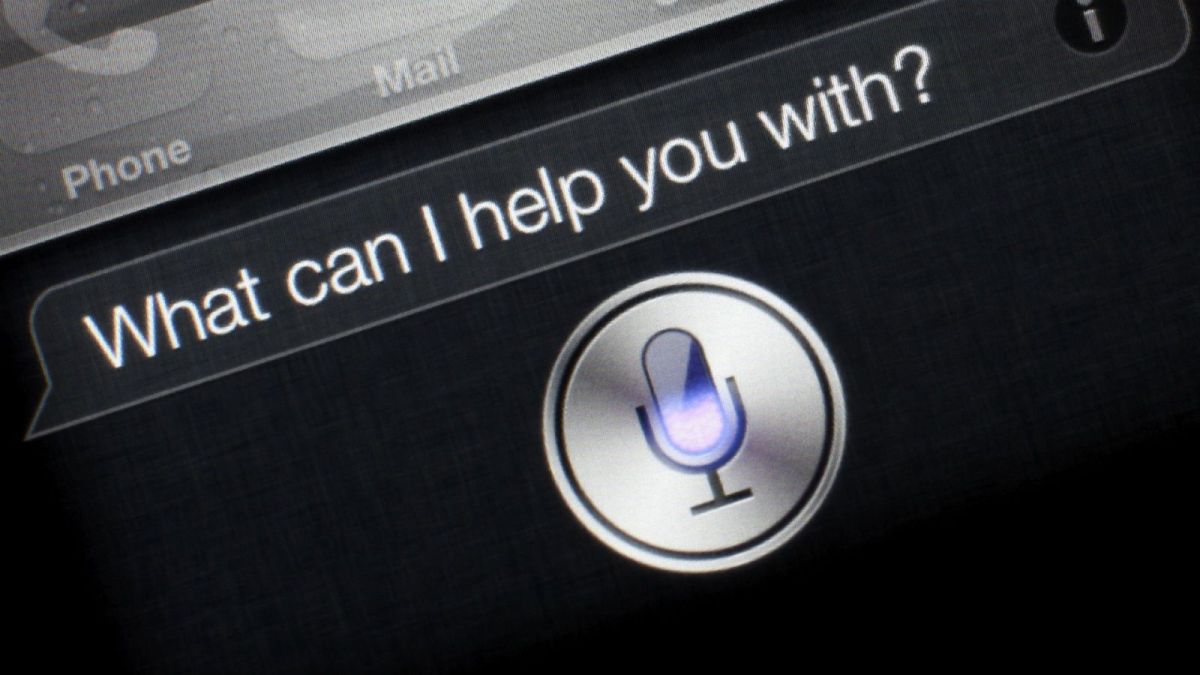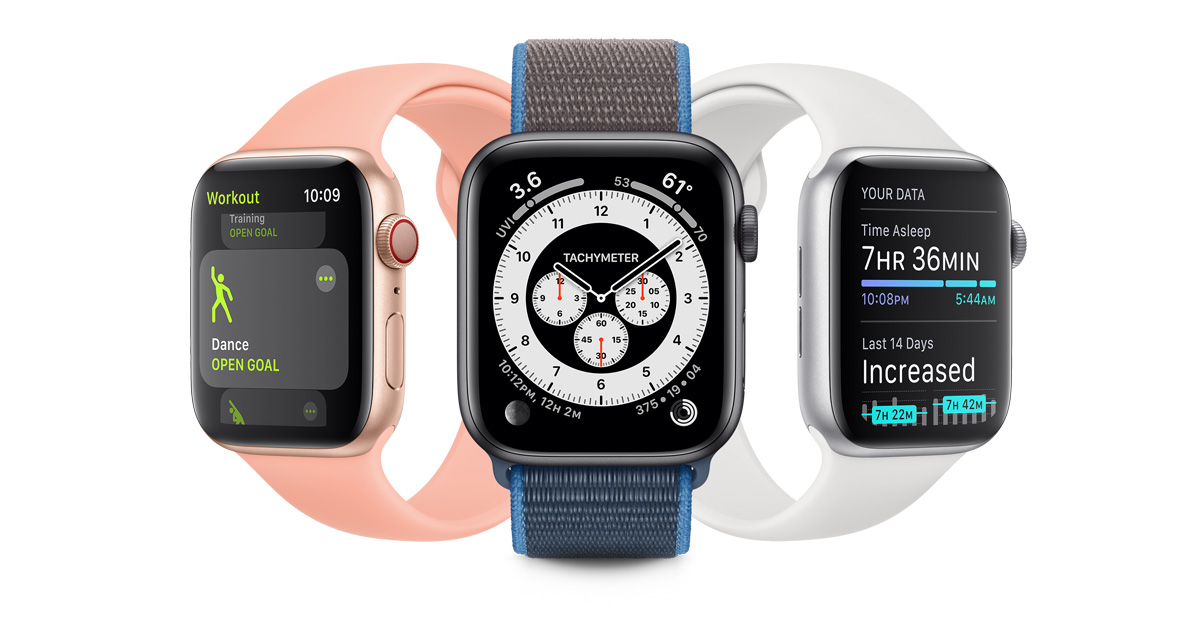The battle for artificial intelligence bots just went up several notches as Apple’s Siri launched the beta version of iPhone’s virtual assistant Siri for their Mac products earlier this month. Obviously, the most relevant comparison people are making is with Cortana, Microsoft’s own virtual assistant that runs on Windows PCs.
Though Siri is new to desktops and laptops, her capabilities will be transplanted in full – and with several new updates and additions as well. Cortana is also going to be wearing a new dress with the Anniversary Update for Windows 10 that’s being released August 2.
Sources that have had an early preview of Siri for Mac say that the new avatar of the virtual assistant is almost on par with Cortana, and each has its own set of strengths and weaknesses.
For example, Cortana is able to correctly find files and folders, but not as much with photos, while Siri seems to be able to do both more quickly and efficiently.
On the other hand, Cortana is much better with different types of reminders such as those that are people-based. Apple struggles with some of these, but can manage location-based reminders just fine.
Another plus for Cortana is that it is pretty good at keeping random bits of information safe for you to retrieve, such as keeping special codes or numbers for later use. This feature, however, will only be available with the Windows 10 Anniversary Update.
Also rolling out with the update is the ability to access Cortana even when your desktop is locked. You can’t do that with Siri at the moment, and neither can you access Siri hands-free.
The advent of such artificial intelligence bots – or, simply, AI bots – like Siri and Cortana marks a significant shift in the way we communicate with technology. There’s virtually a laundry list of such AI bots and chat bots for various purposes. Amazon, for example, has Alexa on their Echo smart home devices, while Google recently launched Google Assistant – essentially an upgrade of Google Now.
The fight for AI supremacy has just begun, and these four companies – Microsoft, Apple, Google and Amazon – are at the top of the heap. IBM Watson is by far the smartest of the bunch, but doesn’t have direct voice capability. IBM uses Watson’s capabilities to provide the cognitive part of the intelligence to several virtual assistants such as Amelia.
We’re still a long way from having a virtual assistant that can be as efficient as a human equivalent can, but the way these deep-pocketed tech companies are competing with each other, don’t be surprised if we eventually do have a fully capable digital assistant that can handle nearly any online interaction that we ask it to perform.
Thanks for reading! CLICK HERE to read a related article on Google AI.



